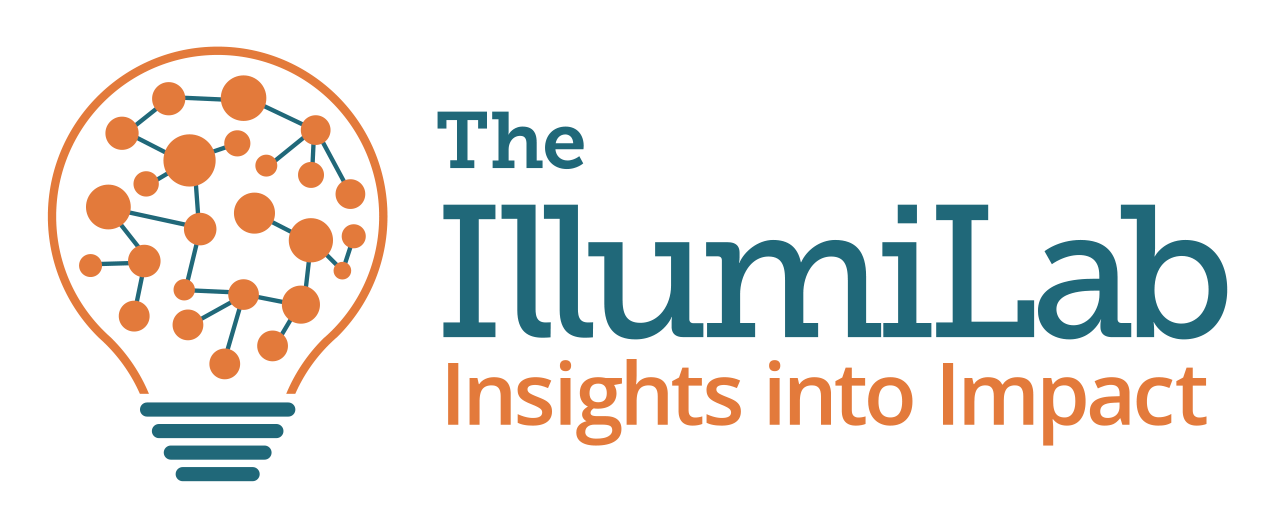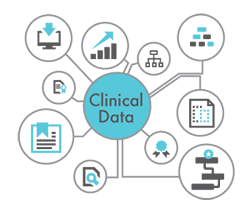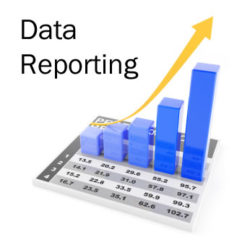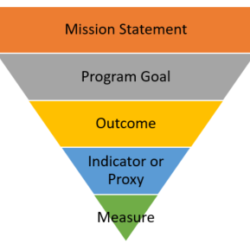It’s Not the Database!
Years ago, we wrote a post titled “It’s Just a Database,” emphasizing that a database is just a tool, and it’s only as good as the data you put in it. Now, we are revisiting that theme in response to a common request we receive. Nonprofits often reach out to us seeking help to transition[…]










